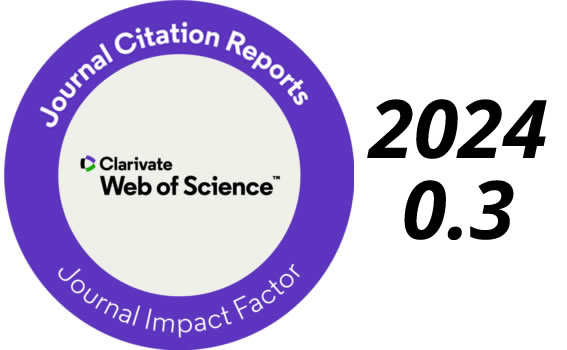Application of ecotoxicological bioassays to assess the water quality in the Cañuelas stream (Buenos Aires, Argentina)
DOI:
https://doi.org/10.24850/j-tyca-2021-01-07Keywords:
Physicochemical parameters, acute toxicity, ecotoxicity, hydric basin, pollution, industrial sewageAbstract
The inclusion of ecotoxicological analyzes in environmental studies is essential as it provides information on the effects that pollutants may have on exposed organisms and on receiving ecosystems. The aim of the work was to evaluate the water quality in the Cañuelas stream basin (Buenos Aires, Argentina) from physicochemical determinations and ecotoxicological bioassays with standardized organisms of different trophic levels: Pseudokirchneriella subcapitata, Lactuca sativa and Caenorhabditis elegans. Samples were taken from four representative sampling points along the Cañuelas and Navarrete streams. P. subcapitata and the root of L. sativa had the highest growth inhibition values at the sampling points that coincided with a greater deterioration of water quality and according to the levels proposed by local regulations. In contrast, C. elegans revealed toxicity in samples whose physicochemical parameters complied with current regulations. The results of this work support the need to incorporate a battery of ecotoxicological bioassays that complement the physicochemical analysis and contribute to a better management of water resources.
Downloads
Published
How to Cite
Issue
Section
License
Copyright (c) 2020 Tecnología y ciencias del agua

This work is licensed under a Creative Commons Attribution-NonCommercial-ShareAlike 4.0 International License.
By Instituto Mexicano de Tecnología del Agua is distributed under a Creative Commons Attribution-NonCommercial-ShareAlike 4.0 International License. Based on a work at https://www.revistatyca.org.mx/. Permissions beyond what is covered by this license can be found in Editorial Policy.









